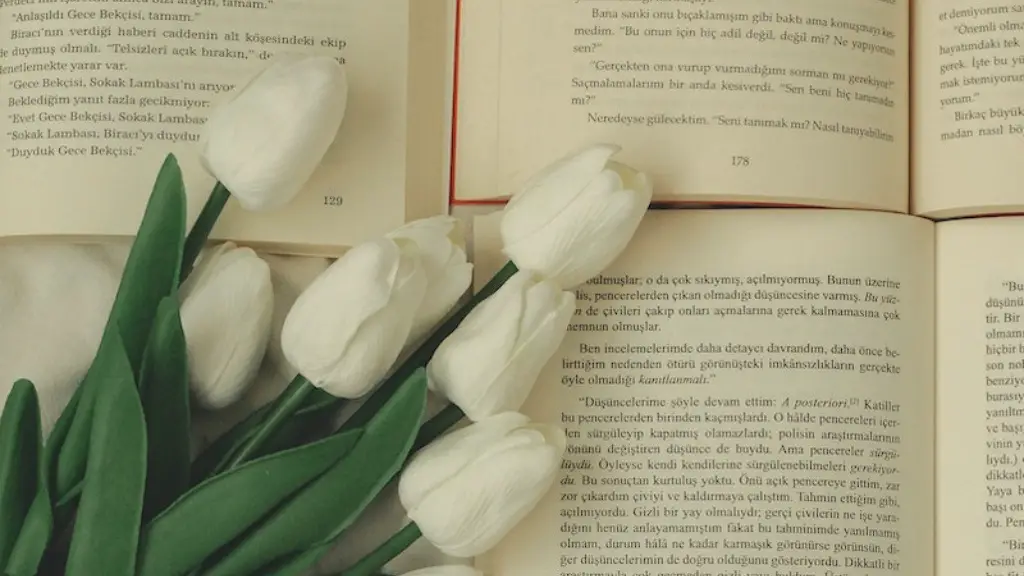Getting started: resources, types and forms
Poetry has been a part of human life since ancient times. It has been used to express emotions, record events and literature, and often to share a story. Writing poetry can be a great way to express oneself and can be very rewarding when someone enjoys what you have written. Writing poetry for beginners requires some guidance, but it doesn’t have to be intimidating. The first step is to explore: there are so many types and forms of poetry out there, and so many resources to help you write a poem. From written and spoken word to sonnets and haiku; from free verse to rhyming couplets; from using alliterations to using assonance, there’s something for everyone.
Research different types of poetry and play around with writing different styles. Read many poems, take note of the structure and form: consider what makes them memorable, and identify what triggers you emotionally when you read them. There are many resources available online to help you, such as online classes, how-to guides and tutorials, and online tools. Explore books on the subject and check out audio, visual and written material.
Brainstorm and Collect Your Ideas
Once you’ve familiarised yourself with the different styles and forms of poetry, the next step is to come up with ideas and topics. Do not limit yourself to one specific idea or theme, instead, explore many different ideas and themes, and select the best ones. Keep your options open and write down everything that comes to mind, including topics, key words, and emotions. Think about the type of poem you want to write, and the emotions and feelings you want to express.
Creative Writing Techniques
When you have your ideas, themes, and topics down, then it’s time to start writing. Always keep your senses in mind and think about how you feel when you read the words. Read your poem out loud, paying particular attention to your word choice. Keep in mind the structure and form you have chosen. Use sensory details, imagery, and figurative language to set the tone and mood of the poem. Make use of metaphors and similes to draw comparisons and add depth or emotion. Allow yourself to get lost in the words and use your own voice to tell a story or explain a situation.
Practice and Seek Feedback
Writing poetry is a continuous process, and the only way to become a good poet is by practicing. Don’t be afraid to throw away old drafts and keep reworking your poem until you are happy with it. It’s also important to seek feedback from others, they can help you see where you can improve and can also be encouraging when you need it. Ask someone to read your poem and give you honest feedback, and if you’re comfortable, consider asking someone to critique your poem. It’s always helpful to have another set of eyes on your poem.
Remember the Basics: Grammar and Spelling
While writing freely and creatively is encouraged, it is important to remember the basics of grammar and spelling. Poems don’t always have to follow specific rules, but pay attention to your sentence structure, look up words you are unsure of, and be aware of how the words sound when read aloud. This will help you write a clearer, better poem.
Analyzing Poetry
When you read and analyze other poems, you can learn about different styles and forms, gain inspiration for your own poems, and have a better understanding of what makes a poem memorable. Take notes of what appeals to you about a poem and of the techniques used. Identify the audience, the tone and mood, and what elements are used to convey meaning. Analyze both the structure and form of the poem and the language used.
Rewriting Poems
When writing poems, it is important to remember that not all poems come out perfect the first time around. There is usually a lot of rewriting, revising, and editing involved in the process. Don’t be afraid to throw away old drafts and start over, or to take a break and come back to your poem. When rewriting, pay attention to the words and to the structure of the poem.
Review Your Work
Finally, when you are happy with your poem, it’s important to review it one last time and make sure it is free of any errors. Read it out loud, read it silently, and leave it for a few days and come back. Take a break and then proofread it and ensure that it is conveying the message you want it to. Remember, the finished poem may look different from what you had originally imagined it would look like, and that’s okay. The important thing is to write from the heart and enjoy the process.


